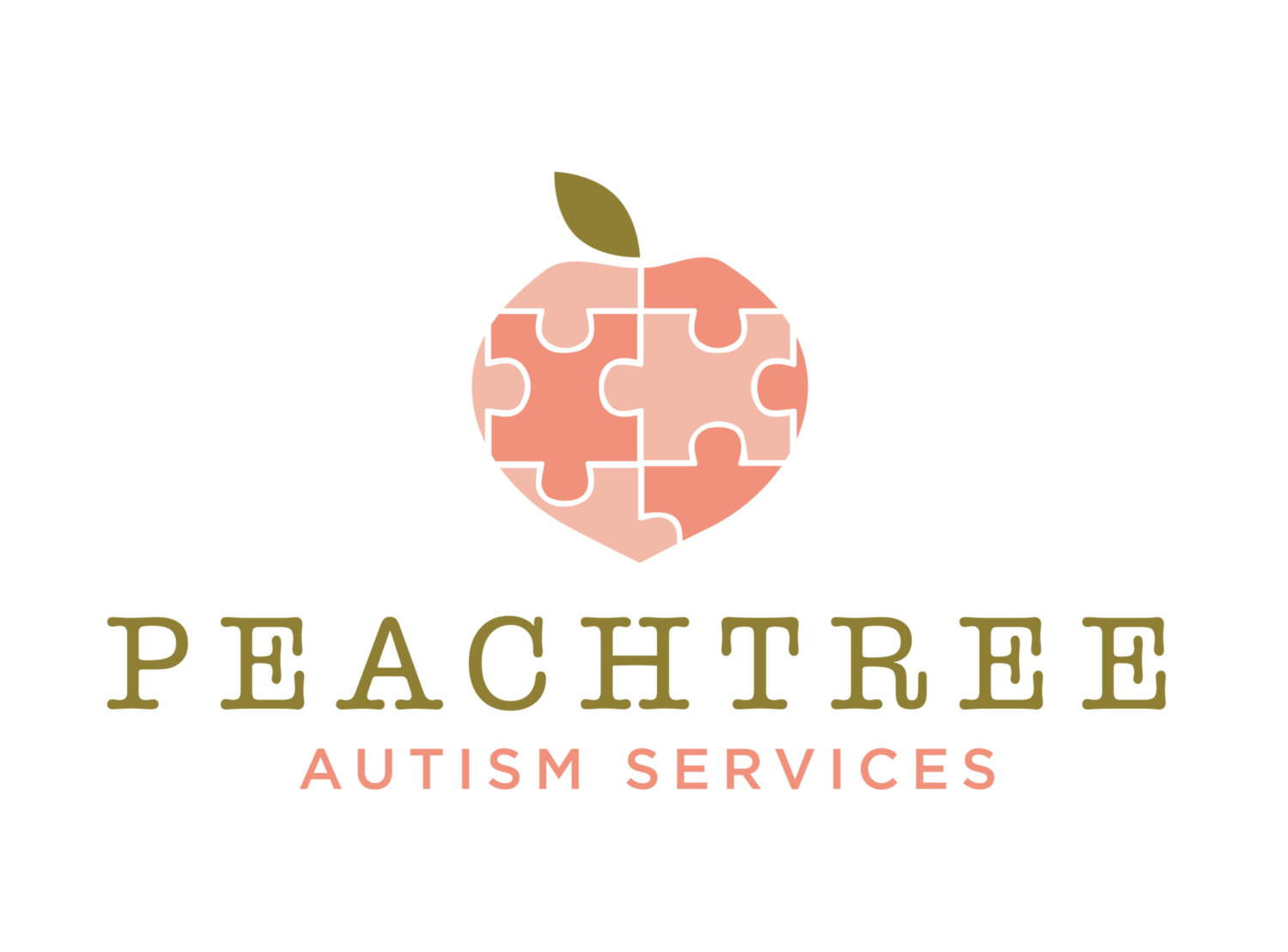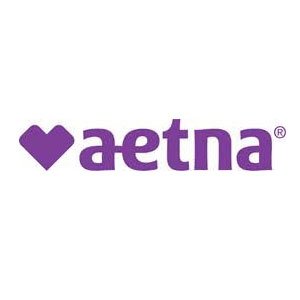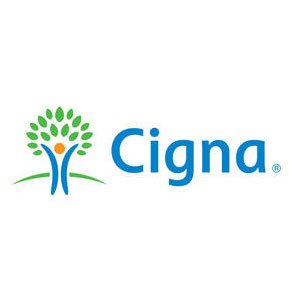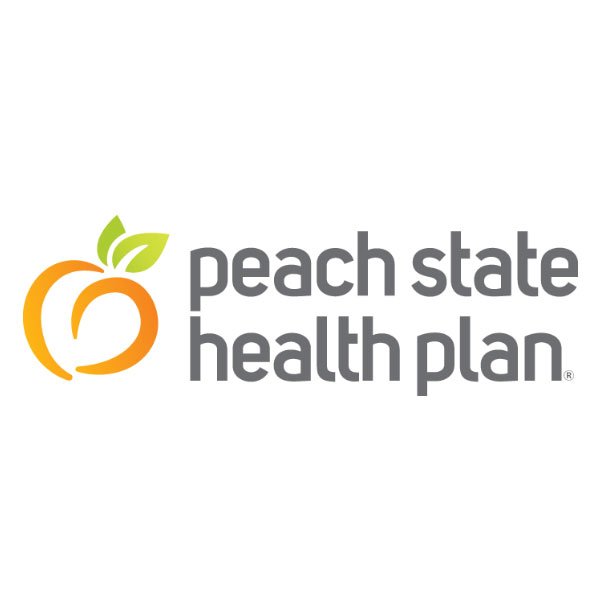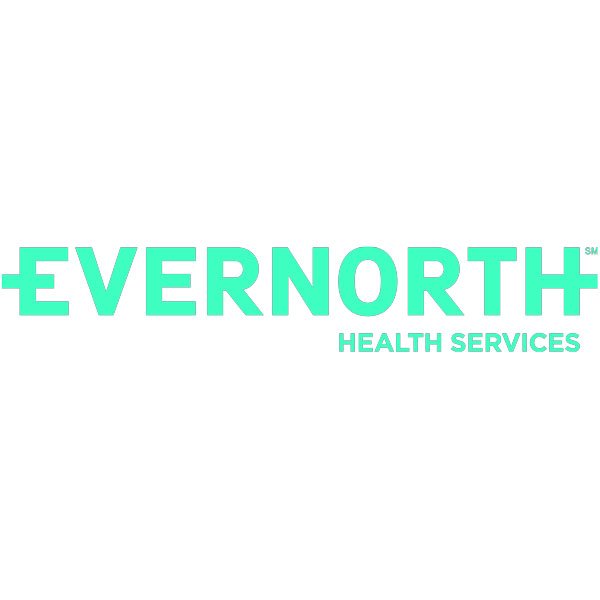We specialize in providing ABA (Applied Behavior Analysis) services for children with Autism Spectrum Disorder (ASD) and other developmental disabilities.
We offer several specialized program models to provide individualized treatment to our learners.
Program Models
Early Learner Classroom (ages 1.5-4): This program uses developmentally-appropriate teaching methods by integrating learning into play. Even though we are in a classroom setting, we provide an intensive staffing (1-on-1) model. Examples of skills that we teach in this model include: communication (as a speaker and listener), play skills, imitation, joint attention, social interaction, and learning to learn in a classroom setting.
Early Elementary Classroom (ages 4-7): This is an after-school program for children to learn classroom skills that will help them learn in a general education classroom. Even though we are in a classroom setting, we provide an intensive staffing (1-on-1) model. Examples of skills that we teach in this model include: observational learning, group learning, social skills/play, and communication (as a speaker and listener).
Intensive ABA (ages 2-7): In this program, we support children who have multiple disabilities, moderate to severe autism, physical disabilities, or other health impairments (e.g., Cerebral Palsy, Down syndrome). We teach our learners to communicate effectively and develop compensatory strategies to become independent determiners of their own lives.
Integrated Services in an Inclusive Preschool (ages 1.5-5): For students in this program, we integrate ABA services into a general education curriculum at The Frazer Center.
Parent/School Consultation (ages 1.5-7): In this program, we collaborate with parents and/or school staff to provide recommendations based on our observations and expertise. Availability for this program is limited.
What makes Peachtree Autism Services different from other ABA agencies?
We are founded and owned by a BCBA.
We want to make a difference in children’s lives. We ensure that meaningful progress is made with each child in our practice. We keep these values at the forefront of our minds as Peachtree Autism Services continues to serve the Atlanta community.
We are progressive and dynamic.
The field of ABA is rapidly growing and evolving. We believe in listening to autistic people and shifting our approach when something isn’t working. We stay abreast of research developments within the field, such as new assessments, programs, and curricula. We review our learners’ data to evaluate their rate of learning and make changes when our learners’ rate of learning slows.
We are advocates for our learners.
Behavior modification techniques are powerful. We believe that we must listen to children to teach them skills that are meaningful for them. We work with families to be thoughtful about what skills we’re trying to teach so that children do not lose their autonomy, individuality, personality, or human rights.
Many people who have autism diagnoses also engage in stereotyping or “stimming.” We believe that stereotypy is only a concern when it impedes a child’s ability to learn, distracts the person from other things that they would rather be doing, or leads to unsafe behaviors when interrupted. Instead of punishing the child for engaging in stereotypy and eliminating it completely, we teach children how to consciously shift their attention to learn or engage socially with others when it’s relevant for them to do so.
Many autistic adults report that behavioral practices that were used with them were traumatizing. We don’t force compliance or eye contact in our treatment plans.
We individualize our treatment plans for our learners to ensure that they are developmentally appropriate for our learners. When working with young learners, we teach through play. When working with older learners, we teach through meaningful, naturalistic activities, such as games, household chores, routine activities, transitions, and cooking.
We offer integrated services.
We value the specialized expertise that SLPs and OTs contribute to ABA therapy. As part of our services (and at no cost to families), our BCBAs consult with our SLP/BCBA and OT to integrate relevant practices into our ABA therapy. Here are some examples of how our SLP/BCBA and OT support our BCBAs and RBTs…
OT:
Clinic equipment and furniture
Program schedules
Room arrangement
Teaching plans for fine motor skills and activities of daily living
Staff training
SLP/BCBA:
Augmentative and alternative communication selection (e.g., sign, picture exchange, device)
Teaching plans for augmentative and alternative communication
Teach plans for shaping vocal speech
Staff training
Insurance Coverage
We are in-network with the following companies:
Insurance is not a requirement for our services and we gladly accept fee for service from all families. Ask about our prompt pay discount.
Your insurance may cover ABA therapy
Your insurance may now cover ABA services due to Georgia’s Autism Insurance Reform Law (Ava's Law). Click here to watch a video presentation by Judith Ursitti, Director of State Government Affairs on Accessing Coverage for Autism Treatment in Georgia.
